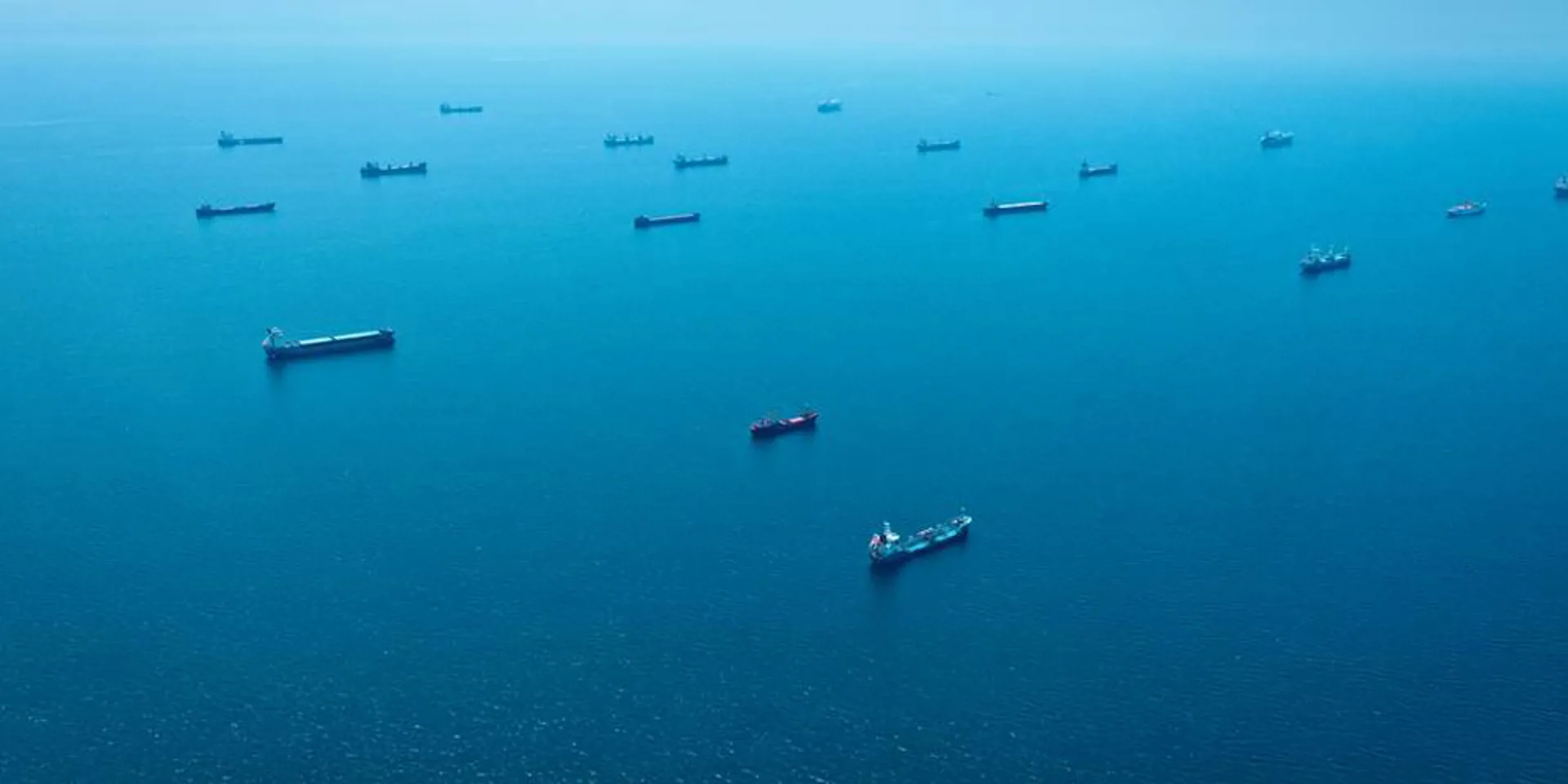First and foremost, maritime law (also known as admiralty law) applies to activities on the high seas or areas of open ocean beyond any one country’s waters. It also applies to a country’s territorial waters (i.e. 12 nautical miles offshore from its baseline). However, there are several other instances where it comes into force. Maritime law also extends to cover:
- Marine insurance - these policies are designed to protect against financial losses resulting from the loss of and/or damage to a vessel, its cargo, or its crew.
- Navigable waters - this term is used in legal contexts to identify bodies of water (e.g. seas, lakes, rivers, inland water bodies) which are able to support or facilitate transportation by watercraft.
- Land-based commercial maritime activities - activities (e.g. salvage and towage, loading and unloading cargo) are covered by maritime law because they are related to money-generating maritime activities.
What is maritime law?
Maritime law is a distinct legal framework that sets out the rules and regulations relating to activities taking place in navigable waters. In most countries, maritime law operates separately to other national legal systems. The laws, conventions and treaties that make up maritime law govern legal issues arising from a wide range of activities (e.g. commercial shipping, commercial ocean-based activities, and passenger transportation via commercial waterways) and define the rights and responsibilities of individuals and entities involved in maritime trade and transportation (e.g. passengers, crew, shipowners, etc).
What does maritime law cover?
Maritime law has a wide remit as it covers matters on the open sea, in any navigable waterway, and specific land-based activities strongly tied to the commercial maritime ecosystem. It governs maritime accidents, shipping accidents and criminal offences which take place on the water. As such, maritime law would apply in the following scenarios:
- Accidents onboard a commercial vessel while docked at port
- Piracy on an ocean-going vessel
- Damage caused to a vessel during dry docking
- An insurance claim from a shipowner following a collision at sea
- Personal injury sustained by a worker on an offshore oil rig
- A contract dispute for the carriage of goods on a container ship
- Safety requirements for a passenger ferry.
What is the purpose of maritime law?
Maritime law has existed for hundreds of years, evolving significantly over the centuries to keep pace with the modernisation and growing commercialisation of the sector. The purpose of today’s modern maritime law is to provide clear rules for all maritime activity wherever it is taking place, setting out who is responsible for what, with the wider aims of:
- Improving safety at sea - maritime law includes various health and safety standards and minimum operating requirements which help to prevent accidents and incidents at sea.
- Protecting the environment - maritime law addresses issues such as pollution prevention, oil spills and discharging hazardous substances. As such, it plays a central role in safeguarding the marine environment and minimising the environmental impact of maritime activities.
- Standardising contractual agreements - by providing standardised rules and regulations, maritime law facilitates the consistent treatment of legal matters.
- Reducing disputes and making dispute resolution easier - for centuries, seafarers have needed to resolve disputes. Maritime laws help to define and allocate responsibilities for the involved parties, offering a framework to resolve issues such as collisions and pollution.
- Facilitating trade - clear rules and regulations for maritime operations help to ensure smooth and seamless global trade.
- Establishing crew rights - maritime law helps to protect the rights of those involved in commercial maritime activities and create a safer, fairer working environment.
- Establishing passenger rights - maritime law helps to ensure the safety of passengers on board seafaring vessels and sets out their rights should anything go wrong.
Does maritime law apply on land?
Given its name, it is perhaps surprising to learn that maritime law also applies to certain land-based scenarios. While the specific details of the law will vary from country to country, as a general rule, maritime laws also apply to the following activities (including any injuries sustained by shipyard, port and dock workers undertaking them):
- Loading and unloading cargo
- Shipbuilding and repair (e.g. damage to a vessel while dry docked)
- Harbour operations
- Salvage and towage
These land-based activities are governed by maritime law not only because they are key elements of the commercial maritime ecosystem, but also because they often occur on, or near, navigable waters.

